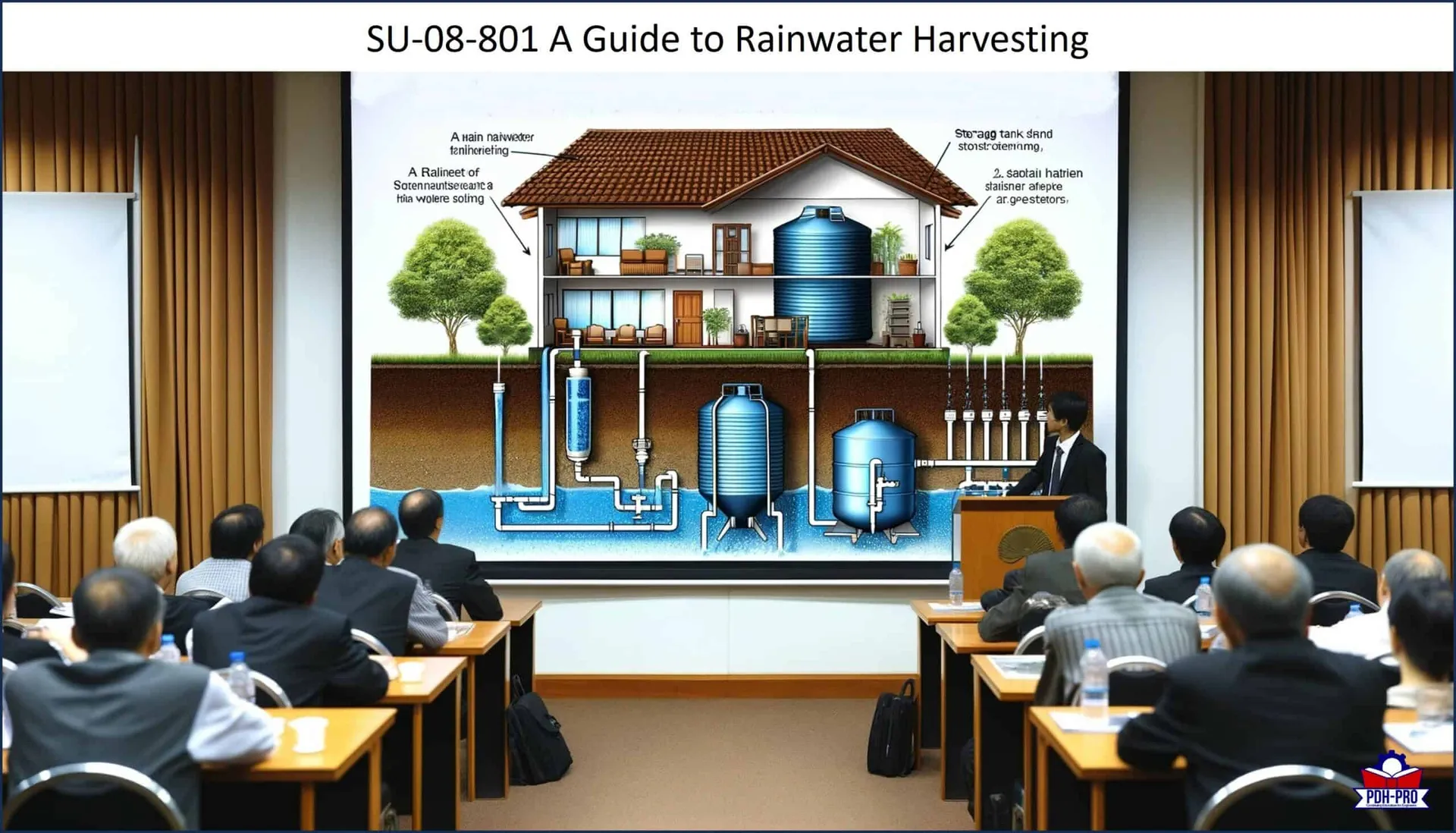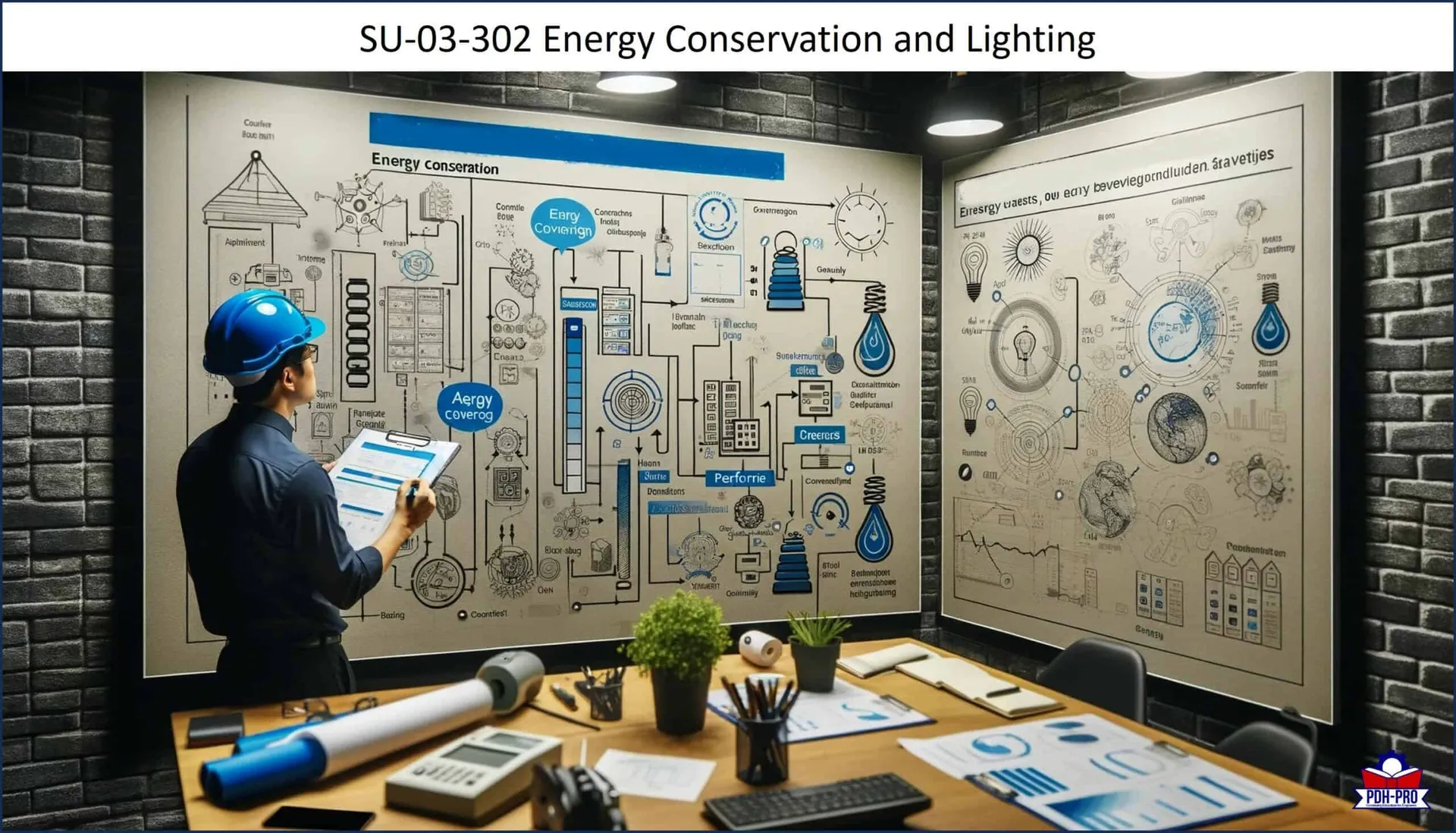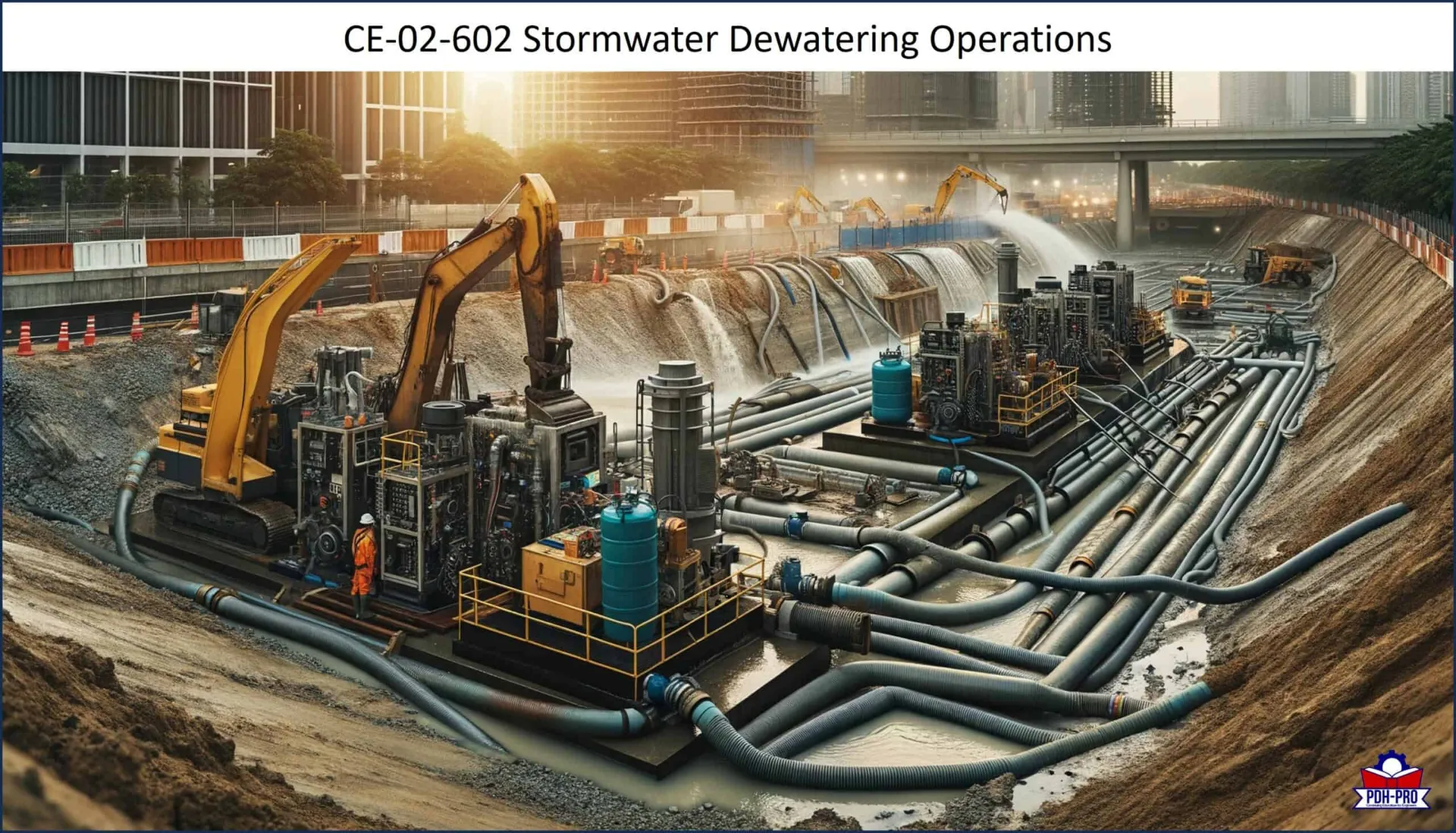
- Home
- Contact Us
- Corporate Solutions
- Webinars
- Packages
- Courses
- Categories
- Live Webinars
- Packages
- Chemical Engineering
- Civil Engineering
- Electrical Engineering
- Petroleum Engineering
- Environmental Engineering
- Geotechnical Engineering
- Mechanical Engineering
- Structural Engineering
- Sustainability
- State Rules and Regulations
- Ethics and Law
- Project Management
- HSSE
- Petroleum Engineering
- Timed & Monitored – Ohio
- On Demand Webinars
- More
Course Modern 3 Columns
Condimentum Cursus Lorem ParturientMichigan Electrical Engineering Package
Michigan Electrical Engineering Package All Required 30 PDH for only $374 Regularly $630 – Save $256 (41% off) Complete continuing education packages built specifically for engineers registered in the State of Michigan. Designed to fulfill the entire continuing education requirement. This package was designed specifically for Michigan electrical engineers looking to satisfy all of the…
Michigan Civil Engineering Package
Michigan Civil Engineering Package All Required 30 PDH for only $374 Regularly $630 – Save $256 (41% off) Complete continuing education packages built specifically for engineers registered in the State of Michigan. Designed to fulfill the entire continuing education requirement. This package was designed specifically for Michigan civil engineers looking to satisfy all of the…
Michigan Chemical Engineering Package
Michigan Chemical Engineering Package All Required 30 PDH for only $374 Regularly $630 – Save $256 (41% off) Complete continuing education packages built specifically for engineers registered in the State of Michigan. Designed to fulfill the entire continuing education requirement. This package was designed specifically for Michigan chemical engineers looking to satisfy all of the…
A Guide to Rainwater Harvesting
A Guide to Rainwater Harvesting Author: D. Allen Hughes Rainwater harvesting is an ancient technique enjoying a revival in popularity due to the inherent quality of rainwater and interest in reducing consumption of treated water. Rainwater collection has numerous benefits such as: free supply, low mineral and sodium content, reduction in non-point source pollution, and…
Energy Conservation and Lighting
Energy Conservation and Lighting Author: Sonal Desai This course covers the fundamentals of lighting, different lighting systems, various control systems, energy audit methodology for lighting system, and different methods to save energy in lighting systems. It includes a versatile checklist applicable to house hold as well as industrial lighting system. It is important to understand…
Stormwater Dewatering Operations
Stormwater Dewatering Operations Dewatering Operations are practices that manage the discharge of pollutants when non-storm water and accumulated precipitation (storm water) must be removed from a work location so that construction work may be accomplished. These practices are implemented for discharges of non-storm water and storm water (accumulated rain water) from construction sites. Non-storm water…



